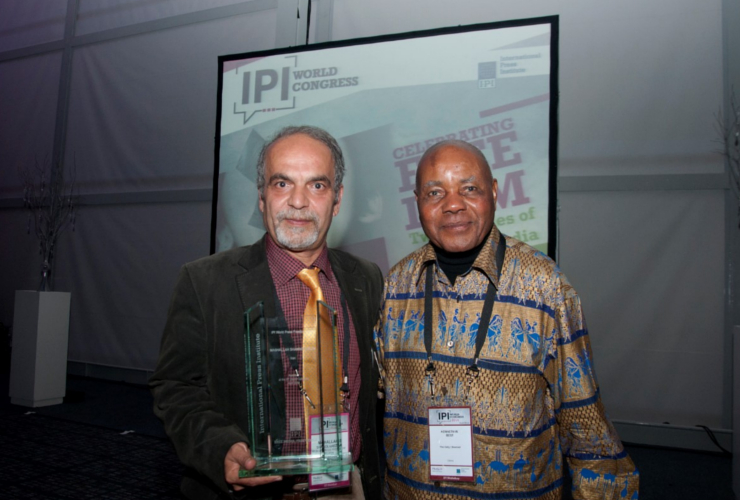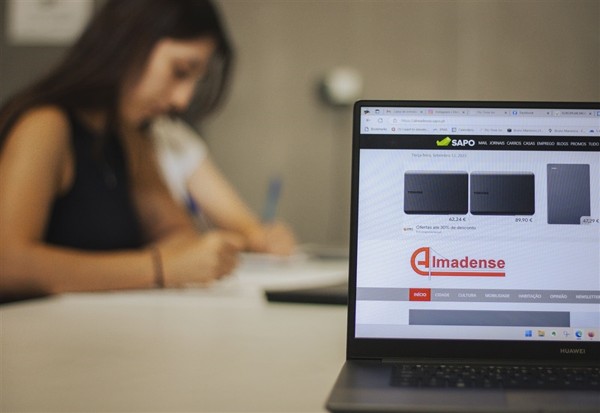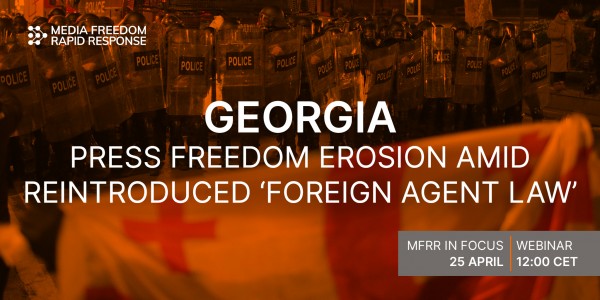Mashallah Shamsolvaezin is an award-winning Iranian journalist and one of the International Press Institute (IPI)’s four World Press Freedom Heroes from Iran. But after being convicted of “propaganda against the state” – charges that were filed shortly after he spoke out against the jailing of Iranian journalists at IPI’s 2014 World Congress in South Africa – Shamsolvaezin is banned from travelling and from practising his profession.
A former editor of several now-shuttered reformist dailies, Shamsolvaezin now works on a farm outside of Tehran.
“It is hardly imaginable for someone who has dedicated 40 years of his life to writing to do something completely irrelevant to his profession”, he said in a recent interview with IPI. “I have lost not only my career but also my family, which was under pressure of tough court investigations for years.”
While in South Africa to accept the World Press Freedom Hero Award, Shamsolvaezin called on the Iranian government to release 48 journalists his research indicated were behind bars in the country. He also urged officials to “release and unfreeze the block” on the Association of Iranian Journalists, an organization Shamsolvaezin headed until authorities shut it down in 2009.
Upon returning to Iran, Shamsolvaezin was charged and sentenced to 16 months in prison plus a five-year ban on travel and journalism-related activities, including use of social media.
Shamsolvaezin appealed the ruling, a process that is now stalled.
“After four years, I still have not received any decisions on my case”, he said. “During these difficult times, IPI did not stop supporting me by publishing a statement condemning the courts’ decisions, for which I am truly grateful.”
It was hardly Shamsolvaezin’s first brush with Iran’s intolerant attitude toward critical journalism. He previously edited four reformist dailies – Kayhan, Jame’eh (later Tous), Neshat, and Asr-e Azadegan – all of which were successively shut down by Iranian authorities. He was also jailed numerous times for his criticism of government policies, the longest detention period being the 17 months he spent in Iran’s notorious Evin Prison from 2000 to 2001 in connection with an article criticizing capital punishment that was deemed insulting to Islamic principles.
“In my view, in Iran people have freedom of speech but not freedom of ‘after speech’”, Shamsolvaezin told IPI. “Once you express your critical opinions, those in power silence your voice.”
Despite the severity of restrictions on press freedom in Iran, he is sceptical of the role of outside pressure in encouraging change.
“The Western world cannot change the current situation, especially in terms of freedom of expression, by imposing sanctions or by threatening (Iran)”, he said. “Iranian citizens are the first ones who are directly affected by these sorts of policies and pressures rather than the government.”
He added: “The government of Iran (goes after) journalists and the press as it believes that the whole internal (protest movement) is due to international pressure and threats (which are reported by the press). As a result, the number of jailed journalists and the suppression of political dissent has gradually increased.”
Shamsolvaezin instead called for a strengthening of Iran-based institutions such as the Defenders of Human Rights Center and Human Rights Activists in Iran.
“However”, he said, “The moral support of international institutions such as IPI should not be underestimated.”
Shamsolvaezin also highlighted three systemic issues that he said posed a challenge to the future of quality, independent journalism in Iran.
The first is what he described as the Iranian government’s “distrustful view about the science of journalism”.
“Iranian politicians are suspicious of journalism since it originally comes from the Western world”, he explained. “(For them) the modern media industry is the public opinion of the Western society. Possessing high and modern qualifications and capabilities, like knowledge of multiple languages, is considered a weakness. If a journalist is highly qualified, the government is more suspicious about him and his activities.”
The second issue, he said, is the “isolation, migration and suppression of potential journalists and professionals in the field of journalism”. In Shamsolvaezin’s eyes, the emigration or silencing of leading journalists and professors has left a training gap in Iranian journalism that contributes to a drop in media quality.
The final challenge is one hardly confined to Iran.
“Rumors are currently the most powerful national media and are being spread at a fast pace”, Shamsolvaezin said, highlighting in particular the effect of social media and communication platforms such as Telegram and Instagram.
“These sorts of social media can easily influence public opinion without (the content) being subject to comprehensive research and useful analysis of the incidents. As a result, Iran, like many other countries, has seen a rise in confusion between truth and “fake news”.



